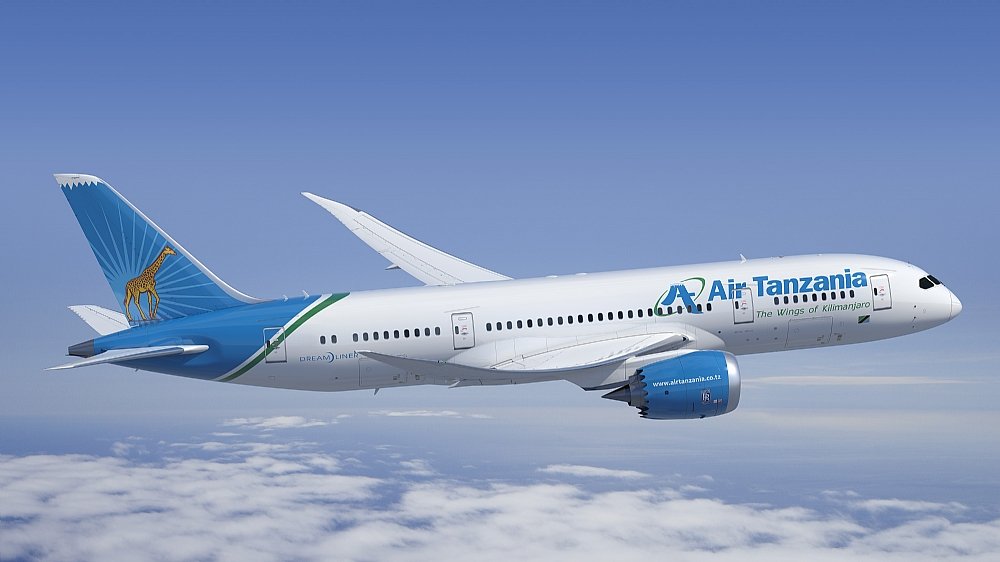The Tanzanian government has reaffirmed its commitment to ensuring better services for air passengers by enhancing airline operations, enforcing adherence to flight schedules, and safeguarding passenger rights across all air carriers.
Speaking in Parliament on May 26, the Deputy Minister for Transport, David Kihenzile, stated that the government recognizes the importance of reliable and accessible air transport in supporting national development and public convenience.
“The government is fully aware of the inconveniences caused by flight delays and cancellations,” Kihenzile told lawmakers in Dodoma, the nation’s capital. “We are working hard to ensure passengers receive the service they deserve and that airlines meet their scheduled obligations as far as practically possible.”
The announcement comes amid rising public concerns over the quality of service offered by the national carrier, Air Tanzania, and other airlines operating within the country. Persistent flight delays and abrupt cancellations have prompted calls for reform in the aviation sector.
Kihenzile noted that the government, through institutions like the Tanzania Civil Aviation Authority (TCAA), is closely monitoring the performance of both domestic and international airlines. The aim, he said, is to make air travel more efficient, transparent, and responsive to passenger needs.
To complement this oversight, the government has been investing heavily in infrastructure to support the aviation industry. Among the key initiatives is the construction of the new Msalato International Airport, a major project located just outside Dodoma.
Once completed, Msalato Airport is expected to significantly ease pressure on Julius Nyerere International Airport in Dar es Salaam and boost economic activity in the central regions. According to the Deputy Minister, over 67% of the runway construction is complete, while work on the passenger terminal has reached more than 30%.
Also Read; Trump Shows Misleading Image in Ramaphosa Meeting
The broader goal, Kihenzile explained, is to strengthen Tanzania’s position in the regional aviation space and support key sectors such as tourism, agriculture, and trade by improving air connectivity.
Other regional airports, including Songwe Airport and Kilimanjaro International Airport, are also seeing operational upgrades to expand their service offerings and accommodate more commercial flights.
The government is not only focused on infrastructure but also on passengers’ legal rights. Kihenzile emphasized that airlines must comply with both national laws and international aviation standards established by the International Civil Aviation Organization (ICAO).
In cases where passengers feel their rights have been violated—such as through unjustified delays or cancellations—they are encouraged to report to the relevant authorities, primarily the TCAA, which is mandated to handle grievances and ensure regulatory compliance.
With these combined efforts, the government hopes to create a modern, efficient, and accountable aviation environment that meets international standards and responds to the needs of its people.
“Our focus is not just on planes and runways,” Kihenzile added, “but also on the passengers themselves—their time, safety, and dignity.”







